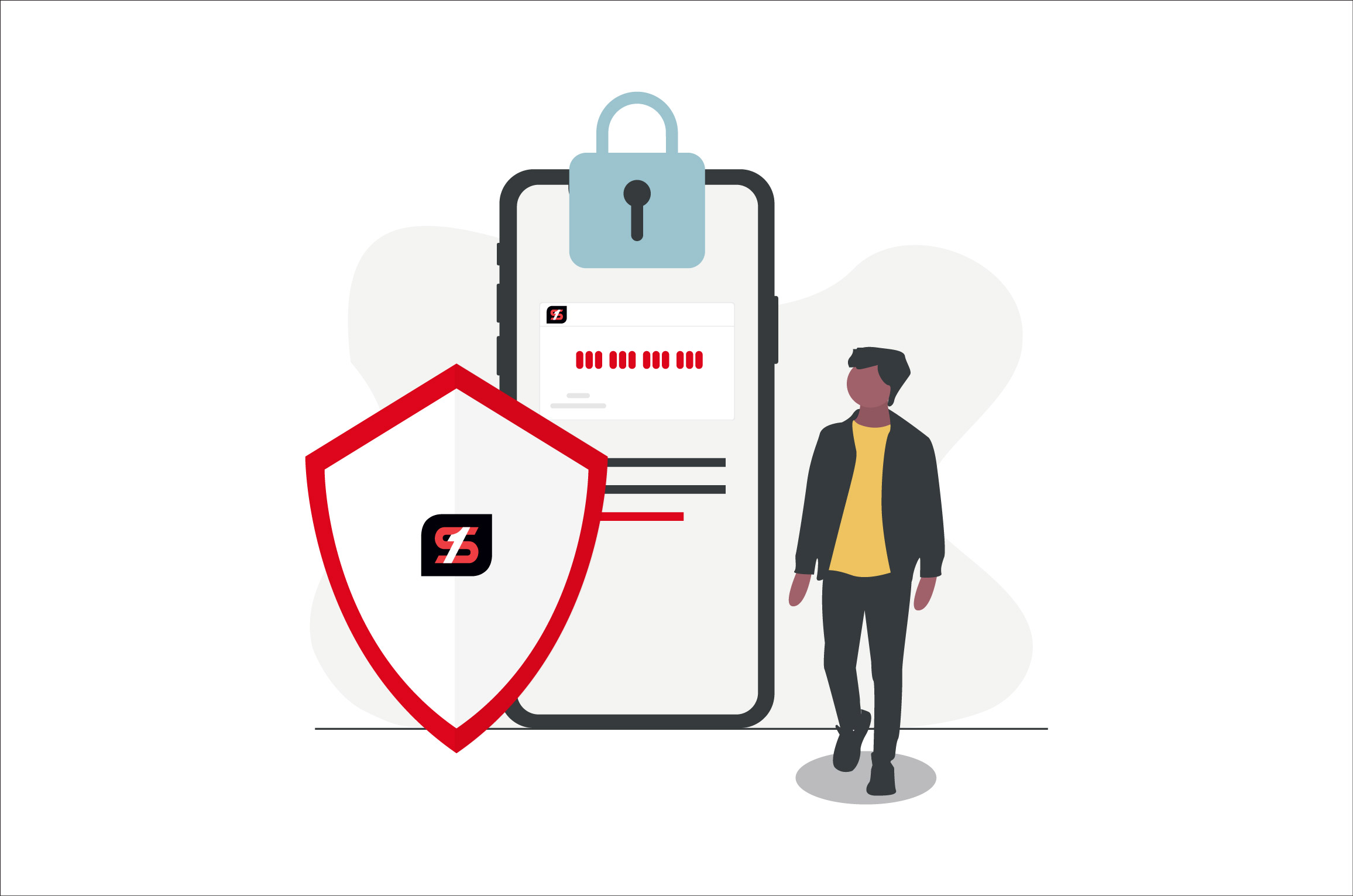How to save: Paying down debt
Paying down debt is saving.
Managing your finances can seem daunting, but paying off debt is crucial to securing your financial future. It's important to remember that every payment made towards the balance on your credit cards, car loans, or personal loans is a form of saving. By creating a solid plan for your money and sticking to it, you can pay off your debt and improve your financial status. This may seem challenging at first, but with determination and a positive mindset, you can achieve your financial goals. Read on for a few ways you can work to pay down your debt.
How do you pay down debt?
When you begin paying down debt, determining where to start can feel intimidating. First, assess how much debt you have by gathering your credit card statements or loan statements and calculating the total. Then, determine the interest rate. For a more in-depth understanding of interest and interest rates, check out our “Interest: Explained” article here.
Now, let’s look at a few techniques for paying down debt.
-
Create a budget.
Once you know your total debt amount, the next step is to create a budget for yourself or your household. It is crucial to ensure monthly payments are made and submitted on time. -
Consult a financial advisor.
Even if you have all the necessary information, starting to pay off debt can still be overwhelming. However, it is easy to work with a financial advisor who can help you develop a plan for your money. Contact a Simmons Bank financial advisor today! -
Determine the best payment strategy.
There are a few different methods for paying down debt. Determining which is best for you should be based on your financial situation and what you can afford.
The snowball method is a popular repayment strategy. It involves making minimum payments on all loans while prioritizing the smallest debt first and gradually working to pay off the more significant debts.
Another repayment strategy is the avalanche method, which focuses on the interest rate of each loan and prioritizes the loan with the highest interest rate while making the minimum payment on all other loans. By doing this, you reduce the overall amount of interest you pay.
Let’s review:
Paying off your debt is saving. Making the decision to pay off debt helps your financial future. Once you’ve paid off your debt, the money previously allocated to credit cards and loan payments can now be put into a savings account. If you’d like to learn more about developing a plan for your money, contact a Simmons Bank Financial advisor today!






